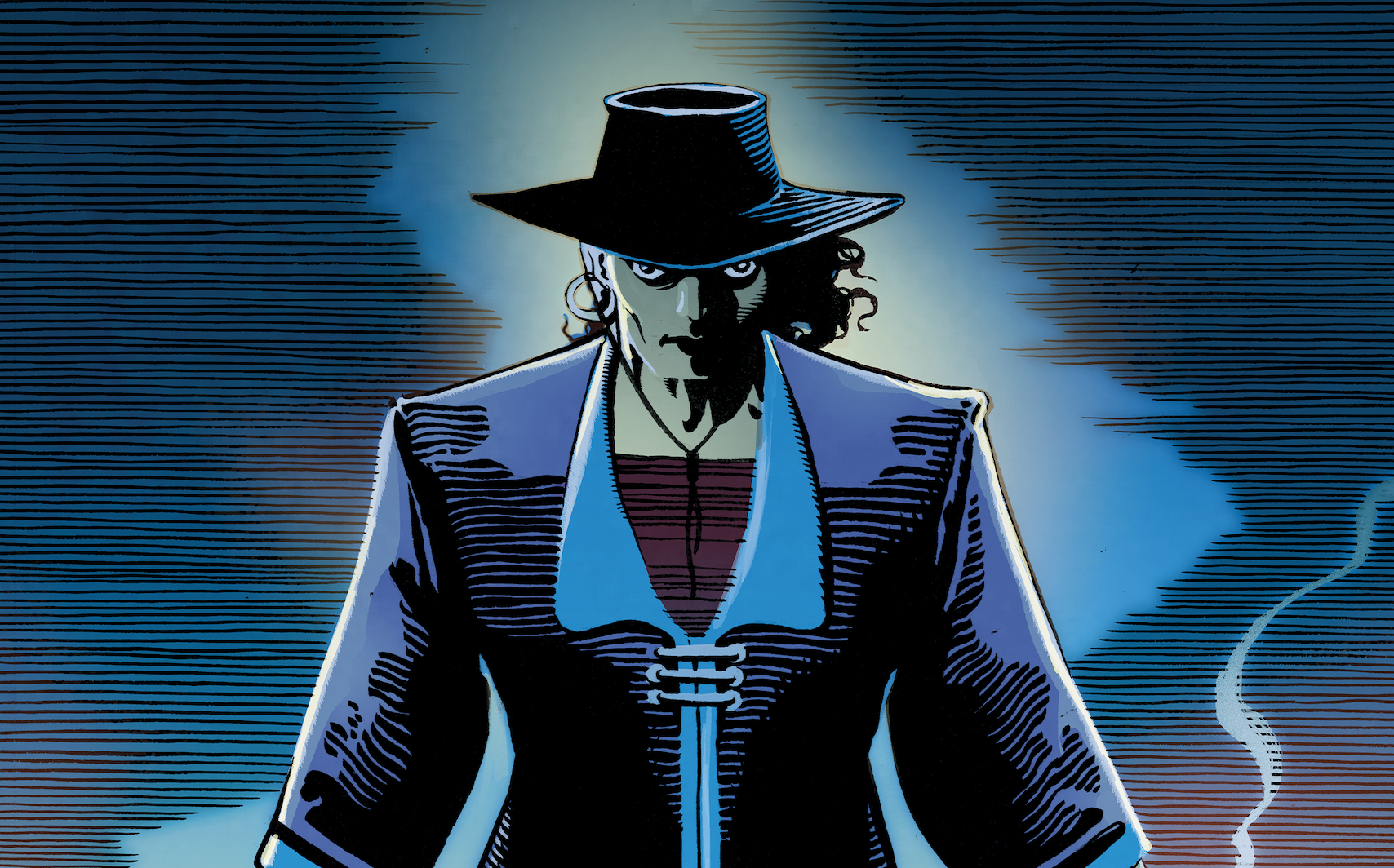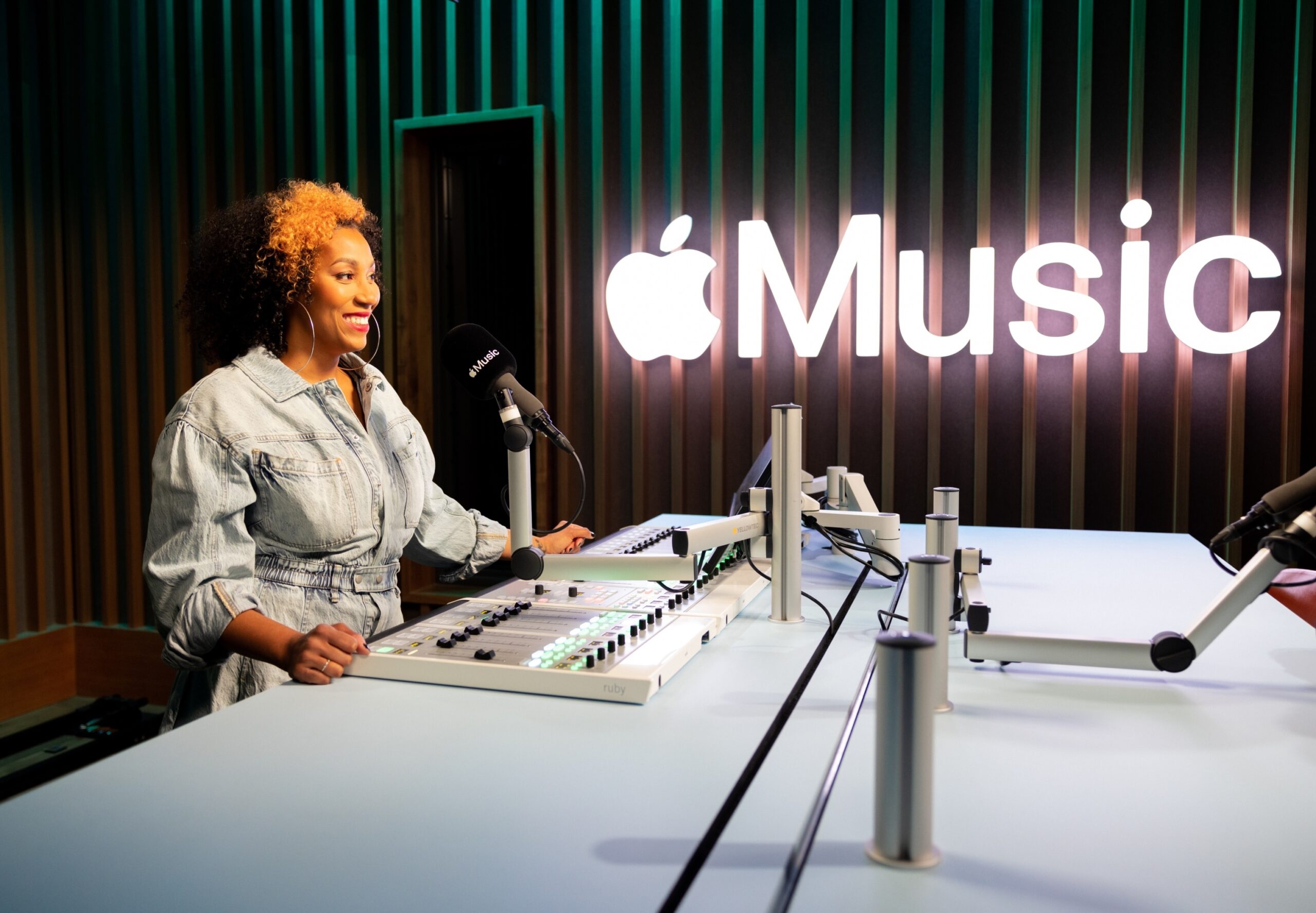She is more recently known as a the woman who was featured on Beyonce’s “***Flawless” track and credited with influencing the singer’s feminist ideals, but author Chimamanda Ngozi Adichie‘s feminism has been a crucial voice in the movement in more ways than one.
The Nigerian woman has a very strong view about feminism and often interweaves her own cultural experiences in her novels, as well as her Ted Talks which have also become very popular. Her novel ‘Americanah’ was optioned by actress Lupita Nyong’o and is set to be made into a film, here’s hoping it will star the divine Lupita herself!
Her other book ‘Half of a Yellow Sun’ has already been made into a film starring Thandie Newton and will be released later in 2015. In an in-depth interview with Ms. Magazine, Chimamanda talks about why feminism is such a crucial part of even her fictional writing.
“I think of myself as a storyteller, but I would not mind at all if someone were to think of me as a feminist writer. Sometimes I find myself pushing against labels, only because they can become prescriptive. But at the same time, I’m very feminist in the way I look at the world, and that worldview must somehow be part of my work,” she said.
The critically-acclaimed writer moved to the US when she was 19 and published her first novel in 2003, ‘Purple Hibiscus’. Her unique view of both the American and Nigerian cultures has given her insight into how feminism is relevant in both countries, but in different ways.
“Reproductive rights is the biggest challenge for women in America, but for Nigeria, it’s mostly cultural. Women occupy positions of power, but there are so many cultural attitudes, like teaching girls that marriage and motherhood are the most important things, and young women and girls hold themselves back because they believe they must do this to be desirable. There is so much untapped potential and talent that we’re losing over these attitudes.”
She talks about this in depth in her Ted Talk “We should all be feminists” where she says there is an inherent culture of women being bred (for lack of a better word) to grow up knowing how to please men with their life choices. It is something that she is actively working against with her art and her words.
Her views on the different culture make her realize there is no reason for people to say Africa has it worse than women in America, because although they may face different problems, there are many commonalities in cultural attitudes which make all the difference.
“In Nigeria, we talk about women’s rights, it’s always some man saying, ‘We’ll set aside five seats for women in the House of Reps.,’ and that sort of nonsense. Whereas in the U.S., it’s even more insidious because there is this belief that everything is fine,” she said.
“It’s a story a culture tells itself, especially when someone says, ‘Well, we may have some problems, but it’s really bad in Africa.’ And I think that’s not true because I’ve found that many Western women buy into the idea that the ultimate, most important goal is still motherhood and marriage, and I’ve found even feminist American women who will settle, even when they’re not satisfied in their relationships.”
In an interview with Vogue magazine who traveled to Nigeria to capture some stunning images of Chimamanda in her native country, the author says she is often referred to as a “man” or deemed to controversial because she speaks her mind.
“The oppression of women makes me angry. I can’t not be angry. I don’t know how you can just be calm. My family says to me, ‘Oh, you’re such a man!’ – you know, very lovingly… But of course I’m not, I just don’t see why I shouldn’t speak my mind.”
She also touched on the whole Beyonce phenomenon and how it affected her persona in America.
“There’s an obsession with celebrity that I have never had. But the one thing I will say is that I really do think Beyoncé is a force for good, as much as celebrity things go. I know there has been lot of talk in the past year about how feminism is ‘cool’ now, but I think if we are honest, it’s not a subject that’s easy,” she said.
“She didn’t have to do this, she could have taken on, I don’t know, world peace. Or nothing at all. And I realise that so many young people in our celebrity-obsessed world, well, suddenly they are thinking about this. And that’s a wonderful thing. So I don’t have any reservations about having said yes.”
The main character Ifemelu form ‘Americanah’ is portrayed as controversial because she chooses to date both black and white men, and doesn’t choose to just “settle” despite cultural pressure.
” I think that’s something that all cultures in the world teach women: We teach women to settle, to be grateful. If we reversed the roles, and Ifemelu were a man, her actions wouldn’t be remarkable because the world allows men to behave this way.”
Her handling of race issues is something that is heavily present in African culture, as well as American culture, especially today (sadly). Her mission is to portray the both of these cultures as complex and diversify the dialog around them as opposed to what we read in the news.
“I’m writing about what I know, but the idea of creating a kind of commonality is one that I like. I don’t think that African American culture began with the slave ship. I think for people of African descent, there’s a commonality in our histories and our experiences, but there are also different ways of being black,” she said.
“There’s a way that we talk about race that only imagines the experience as African American, which then becomes a single story. And if you’re black and coming to the U.S., there are certain things you’re expected to know, which you might not because you don’t know the history. But if my novel is being used to create bridges, and I have had conversations with others who say that’s happening, that certainly makes me very happy.”
In the Vogue interview she mentioned how personally she took the Oscar Best Director award nomination snub of ‘Selma’ director Ava DuVernay.
“I took that very personally. It’s almost a slap in the face for a person who wants to believe in some kind of progress; 2014 was such a difficult year for America and race,” she said while likening the issue of racism to the way rape is often handled.
“American society looks at black men who commit crime and women of any color who report a rape. And I think the similarity is that you are expected to be perfect and pure before you can get any sympathy, any human empathy. ‘Well, the kid stole cigarettes, so he asked for it, right?’ Brown was alleged to have stolen a box of cigarettes. Like, ‘Well, she wore a short skirt.’ It’s so ugly.”
Intersectionality is a major part of modern day feminism and the existence of writers and feminists like Chimamanda Ngozi Adichie who continue to stretch the boundaries and create dialog are important to the movement. We need more men and women who are willing to lend their unique experiences and voices to feminism in order that the definition of “social, political and economic equality of both sexes” is not just an ideal, but a reality.





















4 thoughts on “Author Chimamanda Ngozi Adichie Says Feminism Is An Integral Part Of Her Writing”